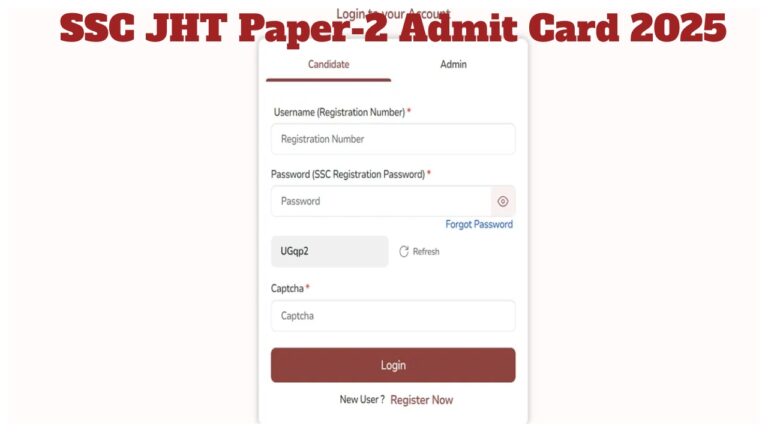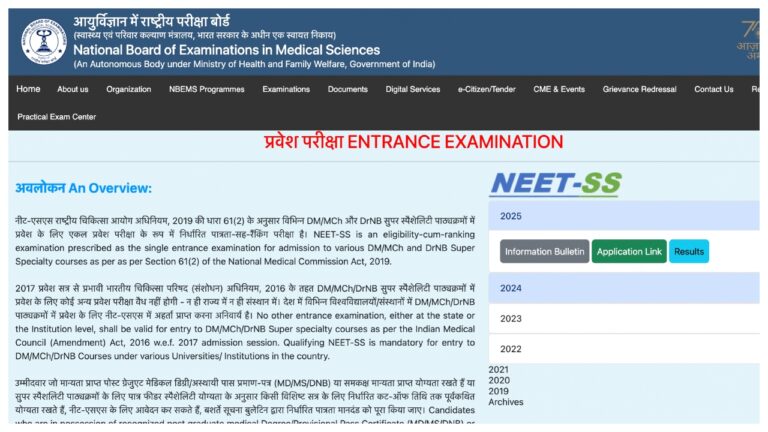At present, investing in mutual funds has become the preferred option for many. Investing in mutual funds can be a smart choice, offering potentially higher and limitless returns compared to traditional investment avenues. This is why many Non-Resident Indians (NRIs) are interested in this option. So, can NRIs invest in mutual funds in India? The answer is yes, but there are specific conditions and regulations to follow. NRIs are defined as Indian citizens who spend less than 182 days in India during a financial year.
You can invest, but
NRIs are allowed to invest in Indian mutual funds as long as they adhere to the Foreign Exchange Management Act (FEMA). Under FEMA regulations, NRIs cannot maintain their funds in standard savings accounts. Numerous Asset Management Companies (AMCs) provide investment opportunities for NRIs in various types of mutual funds, including hybrid and equity funds. It’s important to note, as highlighted by Tata Capital, that many AMCs and fund houses in India restrict NRIs from Canada and the US from investing in Indian mutual funds due to the Foreign Account Tax Compliance Act (FATCA).
Multiple Ways to Invest
There are several methods for investing, including online platforms or through a power of attorney. However, many AMCs do not permit investments in foreign currencies. Therefore, NRIs need to open one of the following accounts: a Non-Resident External (NRE) account, which allows NRIs to invest their foreign earnings in Indian mutual funds, or a Non-Resident Ordinary (NRO) account, which is set up in Indian banks for NRIs to manage their Indian income. Once an NRO or NRE account is established, NRIs can proceed to invest in Indian mutual funds using various methods.
You can invest in this way
Firstly, NRIs have the option to invest directly in mutual funds in India through standard banking methods using their NRE or NRO accounts. To proceed, they must provide the required KYC documents, which include an Aadhaar card, PAN card, bank statement, passport, and proof of foreign residence.
Additionally, NRIs can also invest in mutual funds via a power of attorney (PoA). A registered Asset Management Company (AMC) permits a PoA to make investments on behalf of an NRI after the KYC process is completed. Both the investor and the PoA need to sign the KYC documents to facilitate investments in Indian mutual funds.
Required documents include a passport, a recent photo, proof of address, PAN card, a cancelled cheque from the NRE or NRO account, proof of foreign address (like a recent utility bill, residential permit, or driving license), and proof of Indian address (such as a bank statement, Aadhaar card, or driving license), among others.










